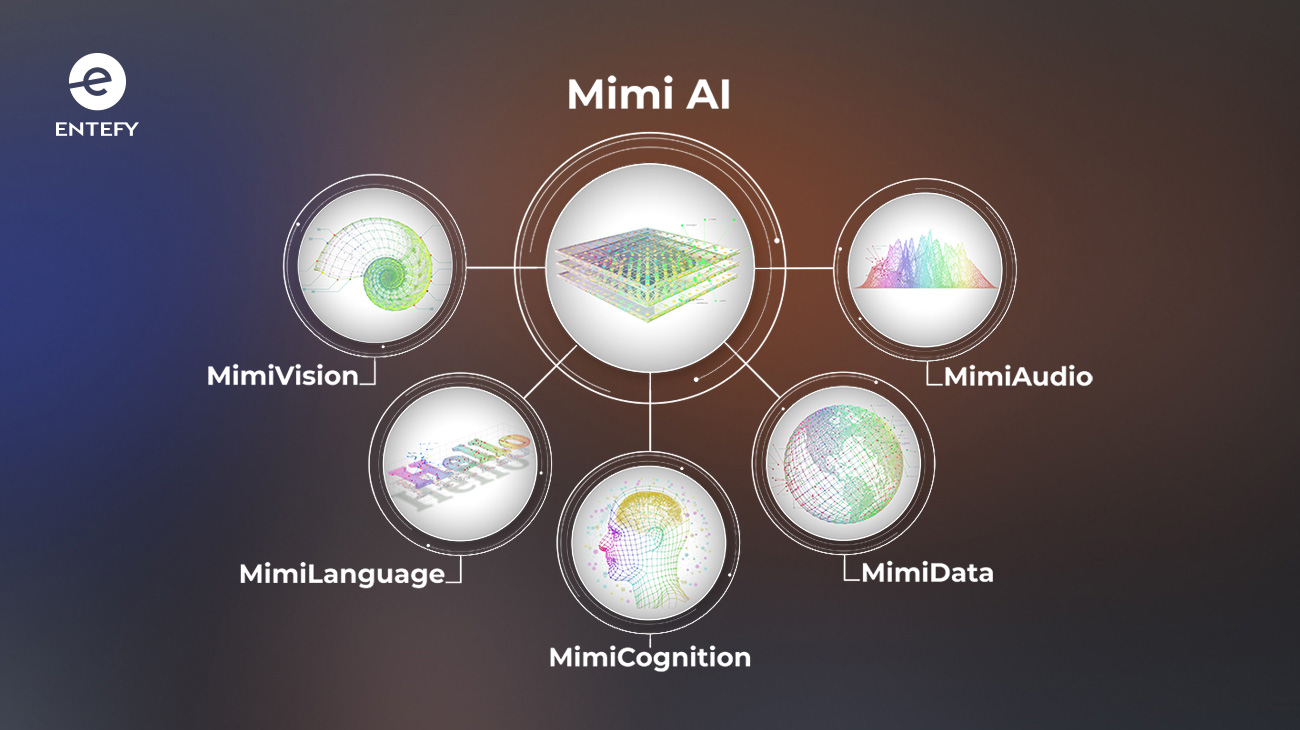
Unlocking the Potential of Multimodal Language Models
As AI technology continues to advance, the ability of large multimodal language models (MLLMs) to handle diverse modalities like speech, text, image, and video is crucial for applications such as natural language understanding, content recommendation, and multimodal information retrieval. This capability is essential for enhancing the accuracy and robustness of AI systems.
 Multimodal AI systems are the future of AI technology.
Multimodal AI systems are the future of AI technology.
Traditional methods for handling multimodal challenges often rely on dense models or single-expert modality approaches. Dense models involve all parameters in every computation, leading to increased computational overhead and reduced scalability as the model size grows. On the other hand, single-expert approaches lack the flexibility and adaptability required to effectively integrate and comprehend diverse multimodal data.
“The innovative Uni-MoE approach leverages a Mixture of Experts (MoE) architecture along with a strategic three-phase training strategy, optimizing expert selection and collaboration, allowing modality-specific experts to work synergistically to enhance model performance.”
The researchers from Harbin Institute of Technology have proposed the innovative Uni-MoE approach, which optimizes expert selection and collaboration, allowing modality-specific experts to work synergistically to enhance model performance. The three-phase training strategy includes specialized training phases for cross-modality data, which improves model stability, robustness, and adaptability.
The Uni-MoE architecture optimizes expert selection and collaboration.
Uni-MoE’s technical advancements include a MoE framework specializing in different modalities and a three-phase training strategy for optimized collaboration. Advanced routing mechanisms allocate input data to relevant experts, optimizing computational resources, while auxiliary balancing loss techniques ensure equal expert importance during training.
“Uni-MoE outperforms dense models, exhibits better generalization, and handles long speech understanding tasks effectively.”
Results showcase Uni-MoE’s superiority with accuracy scores ranging from 62.76% to 66.46% across evaluation benchmarks like ActivityNet-QA, RACE-Audio, and A-OKVQA. It outperforms dense models, exhibits better generalization, and handles long speech understanding tasks effectively.
In conclusion, Uni-MoE represents a significant leap forward in the realm of multimodal learning and AI systems. Its innovative approach, leveraging a Mixture of Experts (MoE) architecture and a strategic three-phase training strategy, addresses the limitations of traditional methods and unlocks enhanced performance, efficiency, and generalization across diverse modalities.












